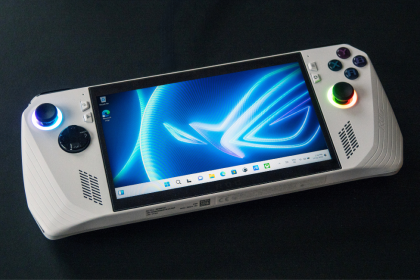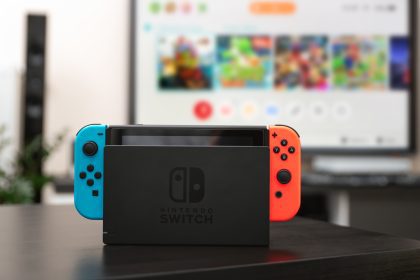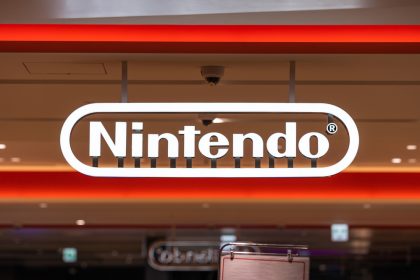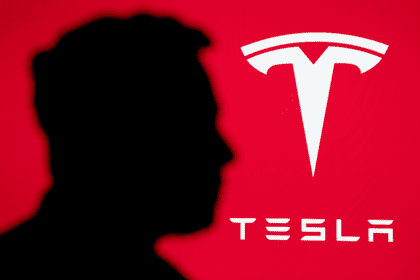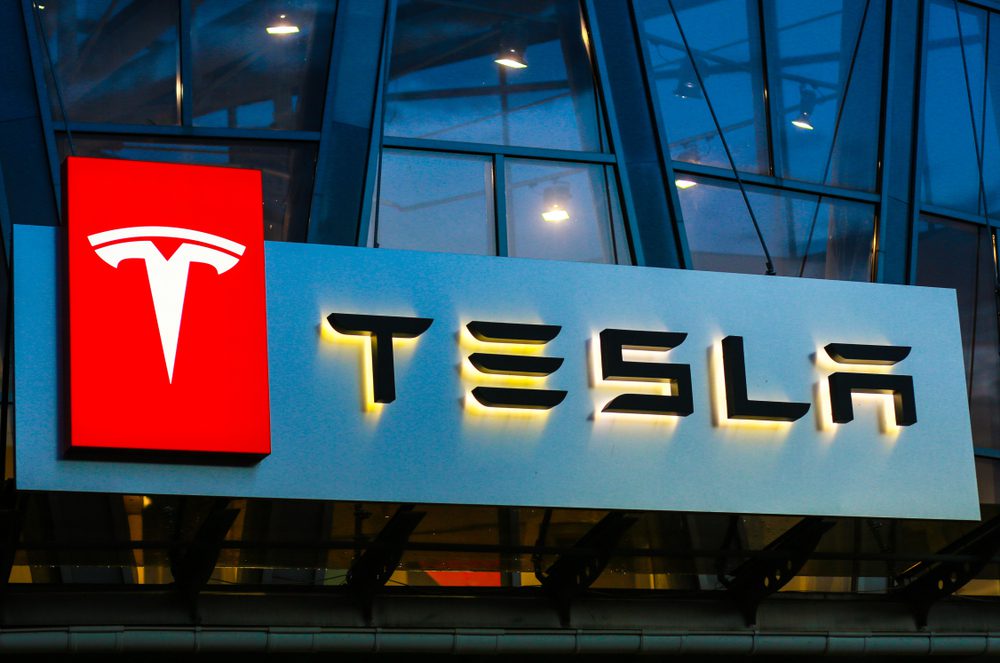Sony has warned it may raise the price of the PlayStation 5 due to the U.S. tariffs. This potential price increase comes at a time when the gaming console market has already seen significant supply chain disruptions over the past few years.
The company’s Chief Financial Officer (CFO) Lin Tao said Sony needs to find roughly 100 billion Yen – which equates to approximately $512 million – to offset the new tariffs introduced by U.S. President Donald Trump, and therefore may increase the cost of a PlayStation 5. The PlayStation 5 has become one of Sony’s flagship products since its launch, cementing the company’s position in the gaming industry.
“In terms of the tariffs, we are not just simply calculating the simple tariffs [prices] to come up with 100 billion Yen, but are thinking about the current available information and looking at the market trend, we may pass the price [to customers] and also shipment allocation,” Tao said during a recent earnings report. The gaming division represents a crucial segment for Sony’s overall business strategy moving forward.
“So we are taking different measures in managing to come up to the 100 billion Yen.” These measures may include adjustments across various aspects of their business operations to maintain profitability.
Sony CEO Hiroki Totoki added that even if the PlayStation 5 was manufactured in the U.S. for American customers, the console still would require components that were produced overseas. Modern gaming consoles rely on a complex global supply chain involving numerous specialized components.
“These hardwares can of course be produced locally, I think that would be an efficient strategy, but the PlayStation 5 is being manufactured in many areas [its components],” he explained. The intricate nature of electronics manufacturing involves specialized production facilities across multiple countries.
“So, whether its going to be manufactured in the U.S. or not, it needs to be considered going forward in such a critical situation.” This statement highlights the challenges of localizing production in today’s interconnected global economy.
Industry analysts suggest that any price increase could impact Sony’s competitive position against Microsoft’s Xbox Series X, which may face similar tariff challenges. The gaming console market has become increasingly competitive as companies vie for consumer loyalty.
The PlayStation 5 currently retails at different price points for the standard and digital editions in the United States. Experts believe that tariffs could potentially add to these prices, affecting consumer purchasing decisions in the coming months.
This situation isn’t unique to Sony, as many electronics manufacturers face similar challenges with international trade policies. The complex nature of global supply chains makes it difficult for companies to quickly adjust their manufacturing strategies.
Consumer advocacy groups have expressed concern about the potential impact on gamers, particularly younger players who may be more price-sensitive. The gaming community has already weathered various supply issues since the PS5’s launch.
The situation also raises broader questions about electronics manufacturing for the U.S. market. While reshoring production might seem like a solution, the reality involves numerous practical and economic challenges that can’t be quickly resolved.
Sony has not yet announced specific details or timing for any potential price adjustments, suggesting they’re still evaluating various options. The company will likely balance competitive considerations with financial necessities in making their final decision.
For consumers interested in purchasing a PlayStation 5, the uncertainty around pricing may influence their timing decisions. Gaming enthusiasts may need to weigh immediate purchase against potential future price changes.
The impact extends beyond just Sony and the PlayStation 5, potentially affecting the broader gaming hardware ecosystem. How manufacturers respond to these challenges could shape pricing strategies across the industry.
Retail partners also face uncertainty as they manage inventory and pricing strategies in light of potential changes. Their ability to absorb or pass on price increases will vary based on their individual business models and competitive positions.
These tariff-related challenges highlight how global trade policies can directly affect consumer products and pricing. The situation demonstrates the interconnected nature of international commerce and its effects on everyday purchases.


